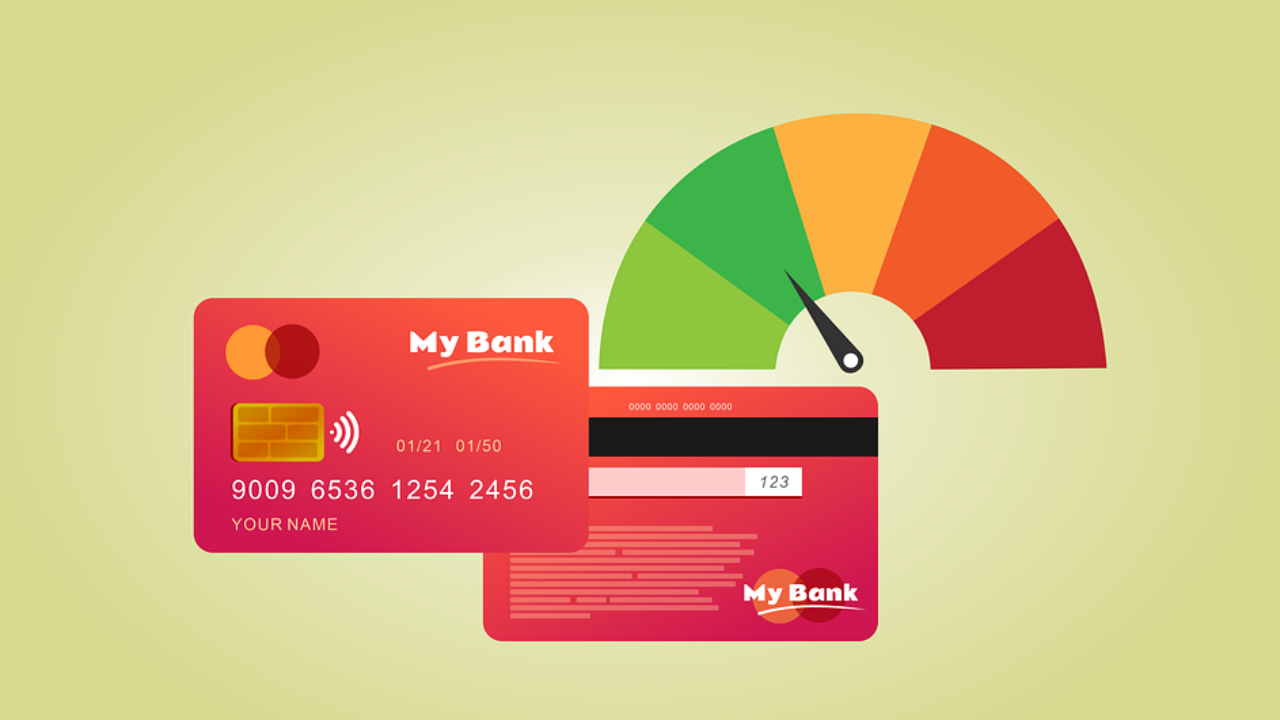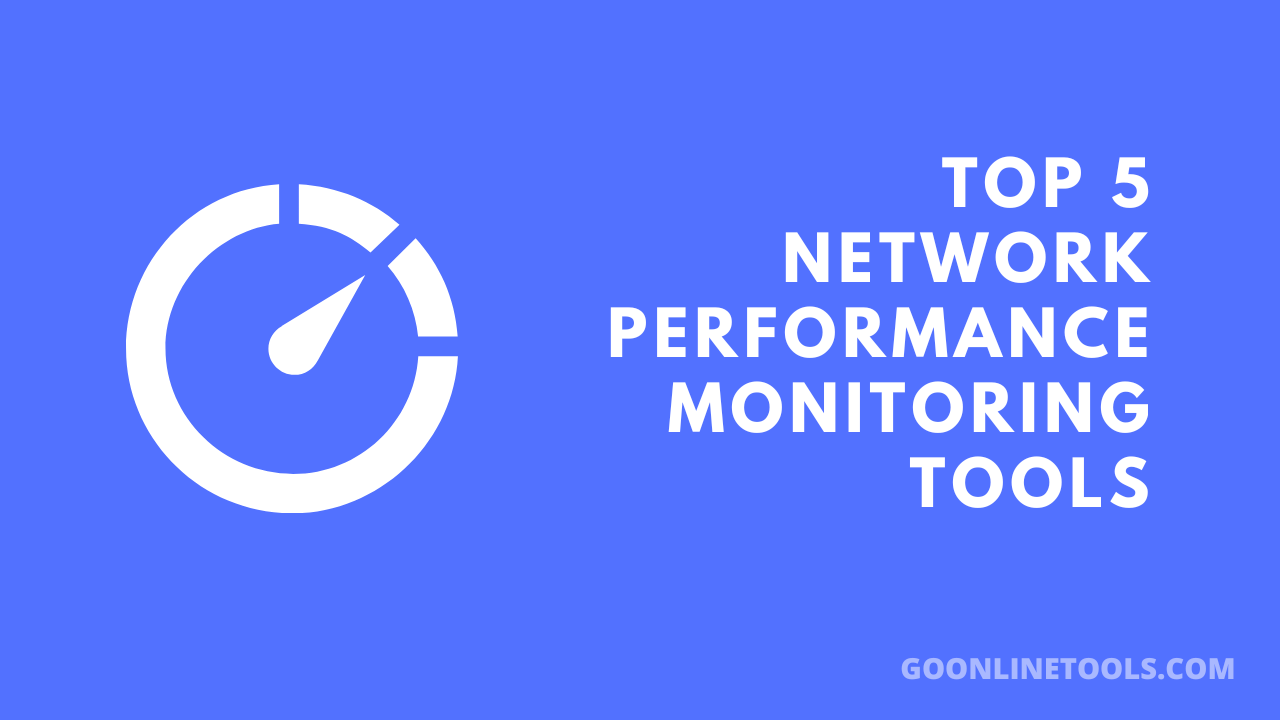How to Check Your Credit Score Online
Published on August 9, 2022 by Editorial Team

A credit score is a three-digit number between 300 and 900 that best describes a person’s creditworthiness, as represented by their overall credit history and final credit rating report. Credit scores are how financial institutions assess your credit risk.
What Can Actions Lower Your Credit Score?
- Late Payments
- Not Paying at All
- Having an Account Charged Off
- Defaulting on Loans
- Bankruptcy
Checking your credit score is a valuable way to learn more about your financial health, and it can provide helpful insight into whether you’re likely to qualify for a loan or credit card. Here’s how you can check your credit score online:
Credit Scoring Websites
One of the best ways to check your credit score for free is to visit a free credit score website. These websites typically provide access to credit reports, scores, and credit monitors and are updated weekly to monthly. You can learn more about how your credit card affects credit score. There is no charge to sign up for an essential credit update. However, some websites offer advanced services for a monthly fee.
Check With Your Credit Card Provider
Many credit card providers offer cardholders the opportunity to check their creditworthiness for free. These tools often include access to score history and the ability to see what caused recent changes.
Some providers even allow customers to predict how the score will respond to variables such as payments on time, credit limit increases, and mortgage borrowing. However, be aware that most providers require cardholders to sign up for this service. So make sure you are logged in if you want to access your scores.
Nonprofit Credit Counselor
Credit counselling is a service aimed at helping consumers get out of debt. It includes providing money management advice, creating budgets, working with creditors, building healthier financial habits, and assisting borrowers in developing plans to repay their debts. Non-profit credit advisors offer a safe and reliable way to understand your credit score and improve your finances.
Importance of Checking Your Credit Score
Checking your credit score regularly is essential to your financial health. Here are some reasons why checking your credit score is necessary:
Helps Improve Your Score
Understanding your score and how it’s calculated can allow you to make strategic steps to improve or build your credit score over time. Many scoring websites can simulate score changes based on various factors, including on-time payments, special payments, and new loan applications.
Helps to Understand Your Current Financial Situation
Knowing your credit history makes it possible to understand your financial situation thoroughly. A complete understanding of your score can help you decide if it’s the right time to buy a house, apply for a car loan, or make another big purchase.
Allows You To Compare Financial Products Requirements
Knowing your credit score can help you decide if you are likely to qualify and if it is worth applying for. In addition, lenders typically offer an in-person loan prequalification process that allows potential borrowers to see the types of interest rates they may qualify for based on their income and credit history.
Tips to Improve Your Credit Score
Good credit often makes it easier to get loans, credit cards, and more at affordable interest rates. Even if you don’t plan to apply for a loan soon, good credit can help you save money in other ways, such as lower insurance premiums:
Stay on Top of Payments
Late payments can negatively impact your credit score. Paying your bills on time is one way to show your lender that you are responsible. Payment history is the factor that most influences both FICO and VantageScore credit scores. Avoiding late payments, defaults, repossessions, and foreclosures is crucial.
Build Your Credit File
You cannot have a good track record as a borrower unless you have an account in your name. So it helps to have at least a few open and active credit accounts. These include credit builder loans and secure cards if you’re just starting or have a low score. Rewards credit cards with no annual fees are great if you want to improve your established high score.
Limit Applications for New Accounts
You may need to open an account to build your credit file, but generally, you should limit how often you submit loan applications. Each application can be under strict scrutiny that can hurt your score a bit, but the scrutiny can add up and have a compounding effect on your credit score. Your age will also drop, which may affect your score.
Everyone faces financial difficulties at some point in their lives. Therefore, it is essential to maintain good credit to qualify for a personal loan. It is best to check your credit history once a year to get a better picture of your finances.
- Editorial Team
The Editorial Team at GoOnlineTools.com specializes in delivering cutting-edge information on technology.
FTC Disclosure: GoOnlineTools content is user/reader supported. This means that when you click on some of our links and make a purchase, we may earn a commission at no additional cost to you
Related Posts





